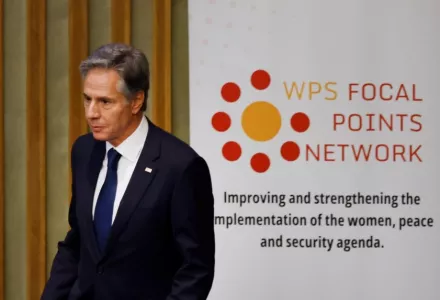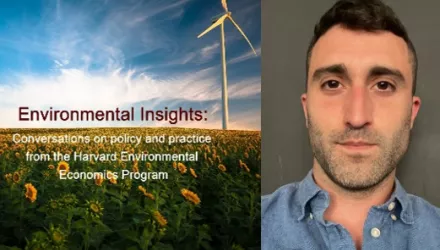Power of the Pen: Women's Substantive Representation in Comprehensive Peace Negotiations
Speaker: Elizabeth Good, Research Fellow, International Security Program
The Women, Peace and Security sector assumes increasing the number of women involved in peace negotiations drives better outcomes for local women. However, empirical support for this assumption is inconsistent. This research tests how power alters the relationship between women's formal (Track 1) involvement in peace negotiations and the inclusion of women-specific provisions in peace agreements. Using an original dataset comprised of 2299 Track 1 delegates involved in 116 comprehensive peace agreements finalized between 1990 and 2021, the speaker finds women's involvement in peace negotiations is positively correlated to comprehensive agreements containing provisions for women. However, this correlation is dependent on women holding positions of power—simply having women in the room is insufficient. This research offers a novel quantitative approach to Women, Peace and Security studies, provides nuance to theories linking descriptive and substantive representation, and casts doubt on the longstanding assumption that increasing women's involvement inherently enhances gender equality.
Open to Harvard ID Holders Only: Admittance will be on a first come–first served basis. Coffee & Tea Provided.




